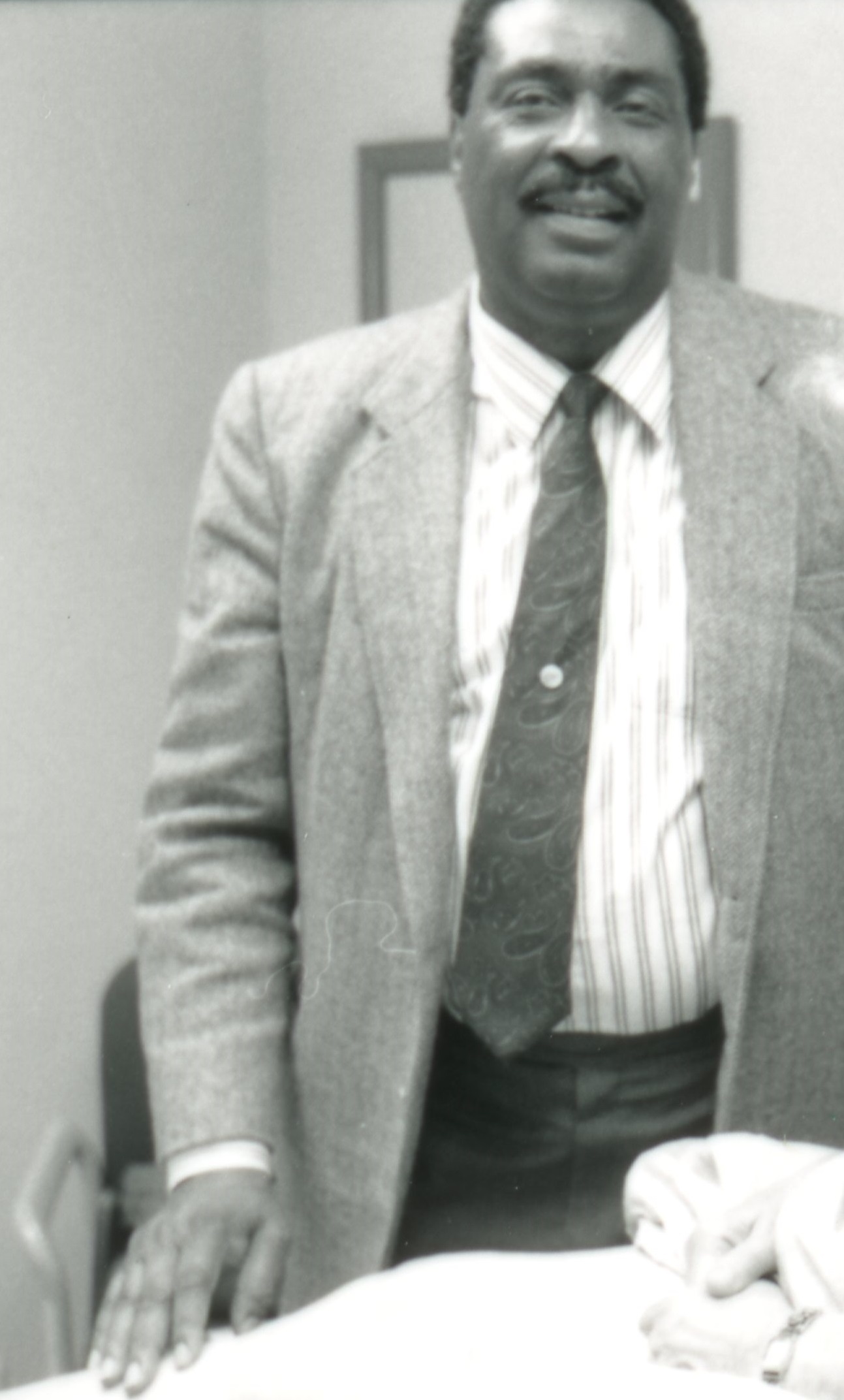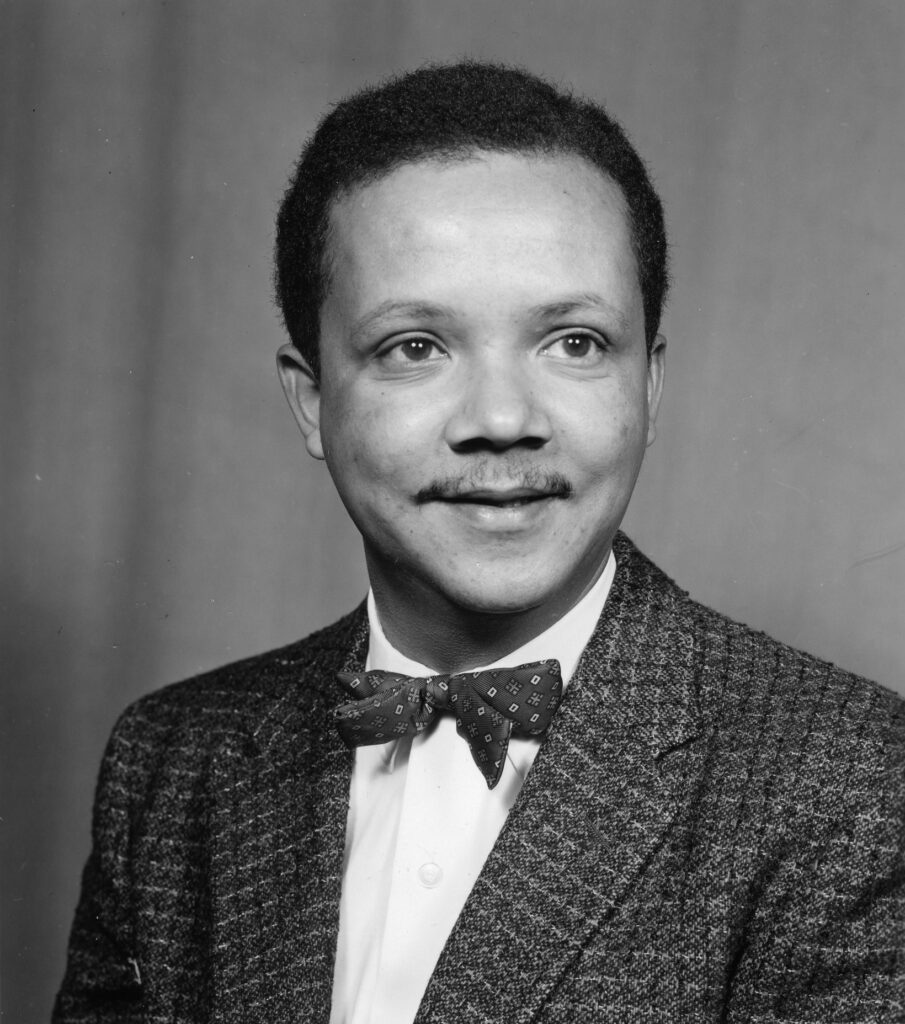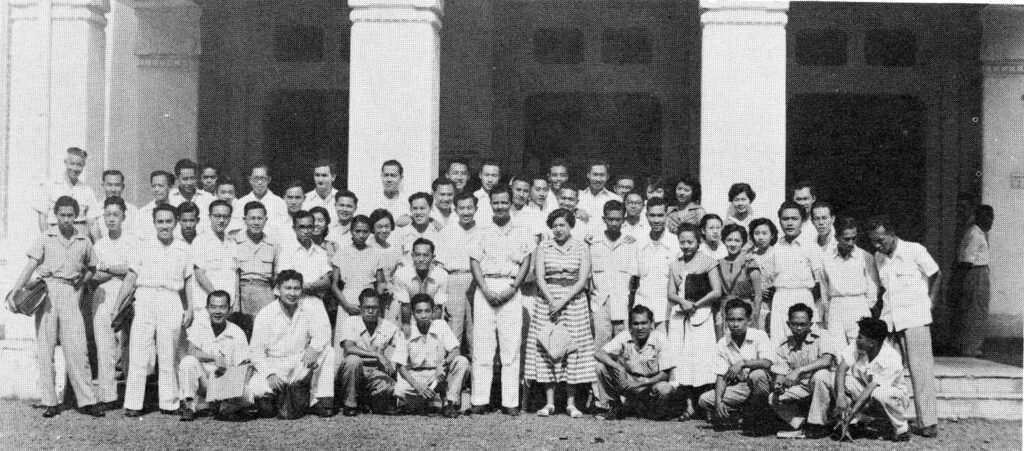By Erin Hurley, User Services & Accessioning Archivist
This coming Monday, September 28, 2020, is the day UNESCO has designated as International Access to Information Day. Their website notes that, this year, the day is focused on “the right to information in times of crisis and on the advantages of having constitutional, statutory and/or policy guarantees for public access to information to save lives, build trust and help the formulation of sustainable policies through and beyond the COVID-19 crisis.” In a time of national and global crisis, this year’s theme may resonate particularly with Americans, whether it brings to mind the availability of voting information or attempts at voter suppression, or of the deliberate obfuscation of scientific data and fact by the highest levels of government.
To this end, I’d like to celebrate libraries and archives, and their explicit mission to make information accessible. UCSF Library and its Archives & Special Collections, though closed to the public since the City of San Francisco’s “shelter in place” mandate on March 16th, continues to find creative ways to help students, faculty, staff, and outside researchers access the vast stores of information that the library and archives hold, and to find ways to facilitate access across great distances.
As the User Services and Accessioning Archivist, my job is to both make collections accessible through the accessioning process, and to help users navigate the various portals through which Archives and Special Collections shares its information. This may be through finding aids on the Online Archive of California, catalog records in the UCSF Library catalog, or through brief inventories attached to finding aids that tell a user what kinds of materials they can find in a given archival collection and to help them determine whether that particular collection may be of use to them.
Though the majority of my work is still remote, I have accessioned some exciting new collections on-site over the past couple of months, which will soon be available in the above-mentioned locations. Among these is an accrual to UCSF’s Black Caucus collection, focused on the Office of UCSF Affirmative Action, Equal Opportunity and Diversity. The collection was donated to A&SC in 2019, by Karen Newhouse, who served as Director of this office from 1970-2010, and includes materials documenting the work of various UCSF organizations committed to advancing diversity on campus, including Council of Minority Organizations (COMO), the Latin American Campus Association (LACA), and the pioneering Black Caucus organization, which was founded in May of 1968 – one month after the assassination of Dr. Martin Luther King, Jr. As the finding aid to the initial deposit notes, the organization is open to all Black women and men on campus, and “was instrumental in the establishment of an Affirmative Action Office, minority training programs and focused attention on the need for increased minority student enrollment at the UCSF campus.”

UCSF Black Caucus Flyer on a National Survey on Minority Admissions, January 1973, Black Caucus Records, MSS 85-38, UCSF Archives & Special Collections
Another exciting addition to the UCSF Archives includes the papers of Benjamin Libet – a neurophysiologist and professor of physiology at UCSF for nearly 50 years. Very recently donated to the Archives by his daughter Moreen, Libet’s papers consist of his personal files of research into the human brain, as well as extensive documentation of his experiments attempting to locate the origin of “free will.” The “Libet Experiment,” as it has come to be called, was conducted in the 1980s, and tried to determine whether conscious decisions first originate in the body or in the brain by asking subjects to perform simple movements while measuring their brain activity. This study seemed to indicate that the brain registers the decision to make a movement before a person is consciously aware of the decision to move, suggesting that decisions may originate in the body, and, as some have suggested, possibly disproving the idea of “free will.” This assertion of physical determinism has been much debated, and Libet’s experiments continue to be of great interest. His papers include some of the experimental devices that were constructed to help measure these brain activities, as well as handwritten notes, graphs and diagrams, and the data produced over the course these experiments. The collection is still in the process of being accessioned and inventoried, but will be available soon via OAC and the Library catalog.
If you’d like to learn more about any of these collections, or have questions about A&SC’s extensive digital collections, please feel free to get in touch.




